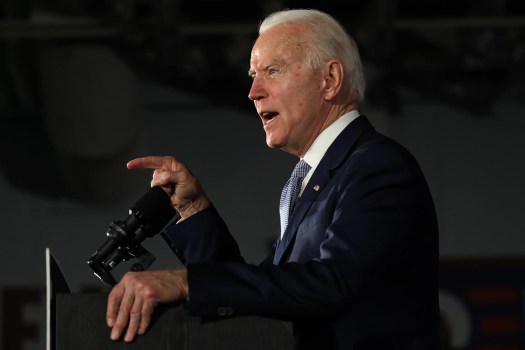In 1944 I was 10 years old. World War II was raging and I, like some kids, got caught up in following the constant news reports and accounts of the fighting. Movie theaters showed weekly “newsreels” of the battles in the Pacific and Europe. My father’s friend Jack was flying B-24s with supplies for China over the Himalayas. He sent home wonderful photos that I still have of the bases and people of India and elsewhere that supported these missions.
Once again, it’s the civilians who feel the brunt of war. The fighting in Ukraine has focused on the rank and file and their struggle: their street fights, their persistence in the face of Russian atrocities, the million refugee women and children fleeing the violence. The United States homeland was never really at great risk in WW-II. As kids we were fearful, but in the spirit of the time we had immense faith in our military. Years later I explored massive, overgrown 16-inch gun emplacements hidden away on the coast of Rhode Island. The guns were never fired in anger.
Ukrainians are battling Russian tanks with thousands of molotov cocktails. They were also used in Finland in 1939, in Hungary in 1956 and, of course, in WW-II. It’s an old-fashioned and very effective weapon. Flamethrowers and napalm were modern variants used in Vietnam. The U.S. military stopped using them in 1978.
We were never subjected to photos of burned and mutilated corpses in WW-II. Now such images are all too frequently on the internet. It’s an escalation even from what we saw and heard in the Vietnam years. I was teaching and living in New York then, marching in protests, hearing speeches from eminences like Dr. Spock and Norman Mailer. Such protests, we know, did help end the war. But war was still something mostly remote and apart from our daily lives.
The Ukraine disaster has prompted Biden to declare that no U.S. troops will be sent to fight there—a legacy of our involvements in Vietnam and Afghanistan. But social media and the internet now bring the conflict home and may well influence its outcome. Many people see Putin as a madman and comparisons to Hitler abound. Putin’s threats often put Hitler’s bluster to shame.
Since WW-II the U.S. has fought or undertaken and mostly lost numerous foreign interventions. “While the United States engaged in forty-six military interventions from 1948–1991, from 1992–2017 that number increased fourfold to 188.” These interventions have generally failed badly. The media have been relatively kind to various administrations in reporting this. But American geopolitical interference has contributed to the rise of China and, some would argue, the disaster in Ukraine. We are now paying the price for that.
The invasion has pointed up not only the futility of Russia’s strategy but our own. Some old technologies, like molotov cocktails, still work; the old battle plans and interventions do not. This horrendous invasion points up the need for powerful new strategies to avoid conflict. We don’t yet know what they are or how to implement them. And nobody knows the West’s endgame yet except to get Putin out of power.











 The latest instance of that is CNN’s recent two-hour special, “Covid War: The Pandemic Doctors Speak Out,” which came on last Sunday and will be repeated this coming Friday (8:00 ET). Here is a
The latest instance of that is CNN’s recent two-hour special, “Covid War: The Pandemic Doctors Speak Out,” which came on last Sunday and will be repeated this coming Friday (8:00 ET). Here is a